|
|
|
|
Nau mai heare mai and welcome to this week’s newsletter.
If you’ve been to the supermarket or gas station recently, chances are you’ve said out loud what most of us are thinking: look at the prices!
This is an unusual experience for New Zealanders, used to years of minimal inflation and extremely low interest rates. Indeed, when the Reserve Bank raised the official cash rate to 0.5% in October last year, it was the first such rise in seven years.
But there is more to come. As The University of Otago’s Murat Ungor explains, a perfect global storm of massive COVID stimulus packages, pent-up demand, supply chain disruption and rising shipping and energy costs has seen inflation unleashed around the world.
The question for New Zealand is how best to support those most affected by the quickly rising cost of living. With real wages declining and the basics of food, rent and transport going up, it could be time for targeted relief for those most in need.
As always, there is plenty more to read here and on our homepage, including a timely examination of why New Zealand’s successful response to the Delta variant may have put us in a better position to tackle the coming Omicron wave.
Until next time, take care and all the best – mā te wā.
|

|
Finlay Macdonald
New Zealand Senior Editor & NZ Editor: Politics, Business + Arts
|
|

Shutterstock
Murat Ungor, University of Otago
As inflation bites, targeted relief for those most affected by the rising cost of living would be the best short-term option.
|

Fiona Goodall/Getty Images
Matthew Hobbs, University of Canterbury; Anna Howe, University of Auckland; Lukas Marek, University of Canterbury
New Zealand has managed to stamp out onward transmission of the Delta variant, which means it’s not dealing with a “double epidemic” and has a better chance to tackle Omicron’s spread.
|
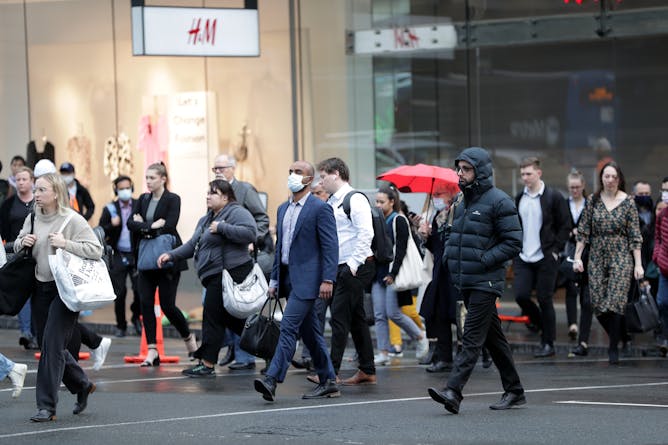
GettyImages
David Dyason, Lincoln University, New Zealand
An ageing labour force and ongoing border closures will put severe pressure on
New Zealand’s economic reliance on immigration.
|

Shutterstock
Jin Russell, University of Auckland
As vaccination coverage for children rises and adults are increasingly vaccinated and boosted, it’s time to pay more attention to protecting children from the indirect harms of the pandemic.
|
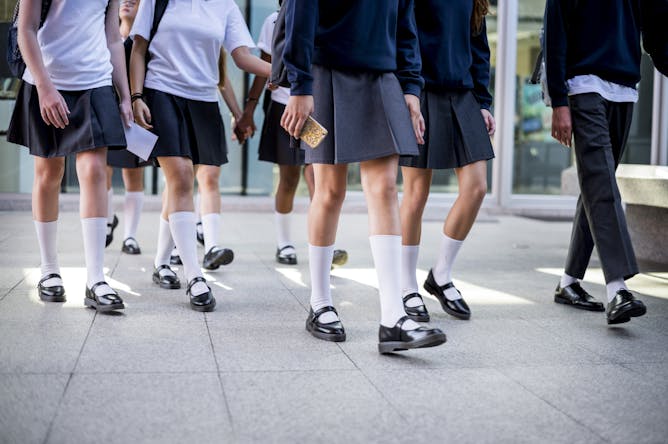
Shutterstock
Johanna Reidy, University of Otago
Debating whether school uniforms are good or bad sidesteps a bigger issue: students – especially girls – need better designed garments that support their learning and well-being.
|
From our international editions
|
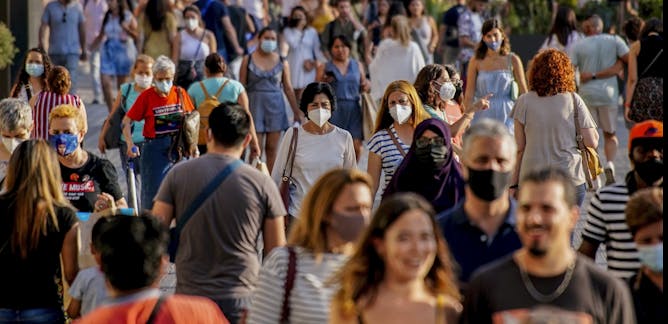
Hassan Vally, Deakin University; Catherine Bennett, Deakin University
Endemic doesn’t mean we drop our guard, surrender to the virus or downgrade the threat the virus poses to individuals and the community.
| |

Catherine Renshaw, Western Sydney University
ASEAN has thus far been ineffectual, while China has leverage but has failed to act. If a negotiated end to the crisis is to happen, who will take the lead?
|
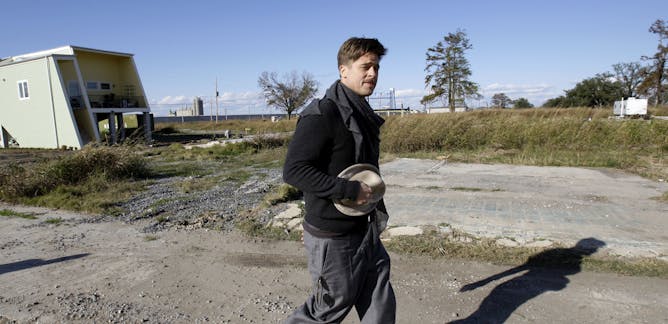
Judith Keller, University of Illinois at Urbana-Champaign
So much went wrong with the homes built by the Make It Right Foundation that its low-income homebuyers were deprived of the financial security they were promised.
| |

Kelsie Nabben, RMIT University
Jurisdictions have long contended with the threat cryptocurrencies pose to central banks’ power over monetary policy.
|
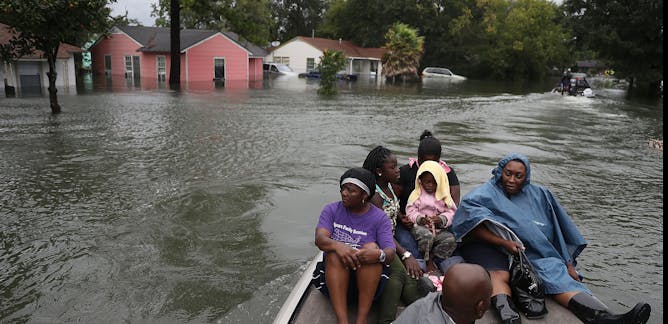
Oliver Wing, University of Bristol; Carolyn Kousky, University of Pennsylvania; Jeremy Porter, City University of New York; Paul Bates, University of Bristol
A street-by-street analysis shows where the risks are rising fastest and also lays bare the inequities of who has to endure America’s crippling flood problem.
| |

Robert Pyper, University of the West of Scotland
Sue Gray’s “update” reveals that 16 separate incidents have been investigated as part of inquiries into the behaviour of government staff during pandemic lockdowns.
|
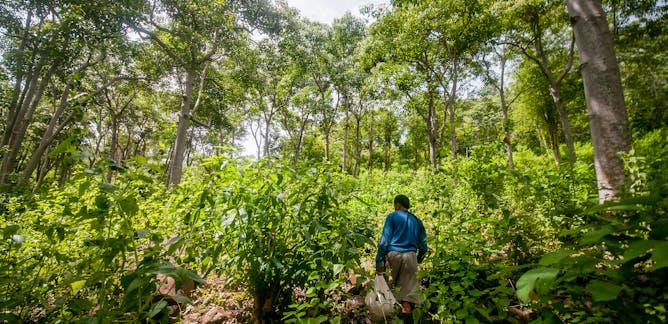
Ennia Bosshard, University of Exeter
These countries’ forestry sectors have traditionally focused on developing seed systems for few commercially viable and often exotic species like Acacia or Eucalyptus.
| |

Darla K. Zelenitsky, University of Calgary
Baby Yingliang is a perfectly preserved oviraptorosaur embryo, a species where findings reveal the connections between dinosaurs and birds.
|

Thomas Klassen, York University, Canada
When the ‘freedom convoy’ heads home, governments will be keen to avoid similar events. Angry protest movements are volatile and have lasting consequences, as the rise of Trumpism shows.
| |

Jasper Knight, University of the Witwatersrand
In order for snow to form, two distinctive weather properties are needed: cold temperatures and moist air. The Sahara can tick these boxes.
|
|
|
| |
| |
| |
| |
|
|
|
|
|
|
|